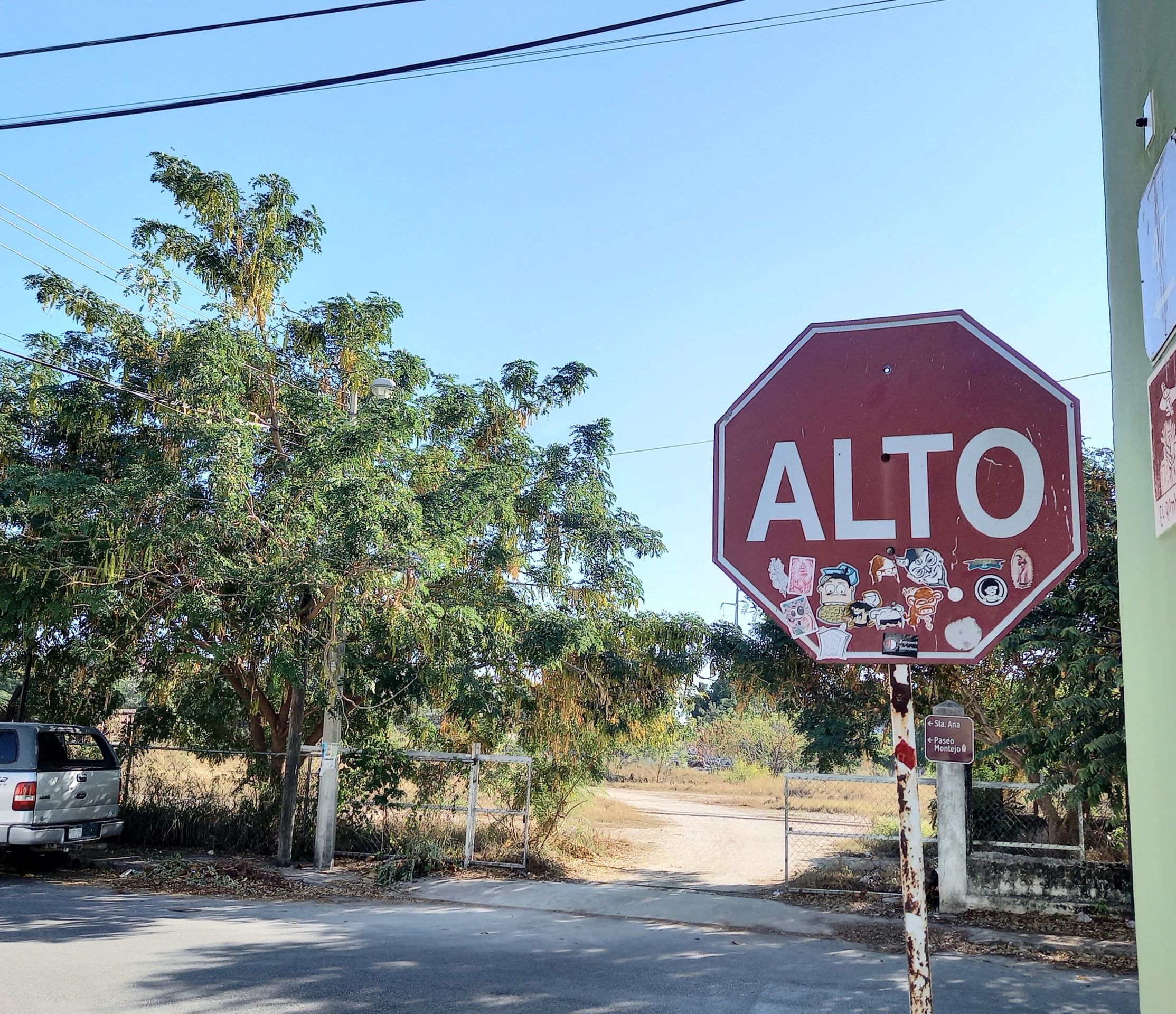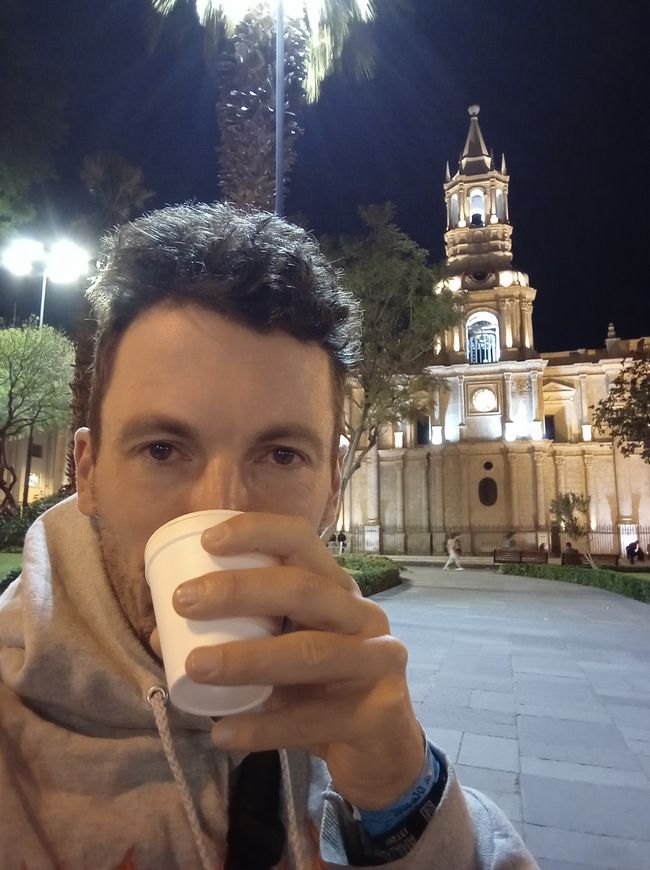Bogota revisited
ପ୍ରକାଶିତ |: 11.03.2022
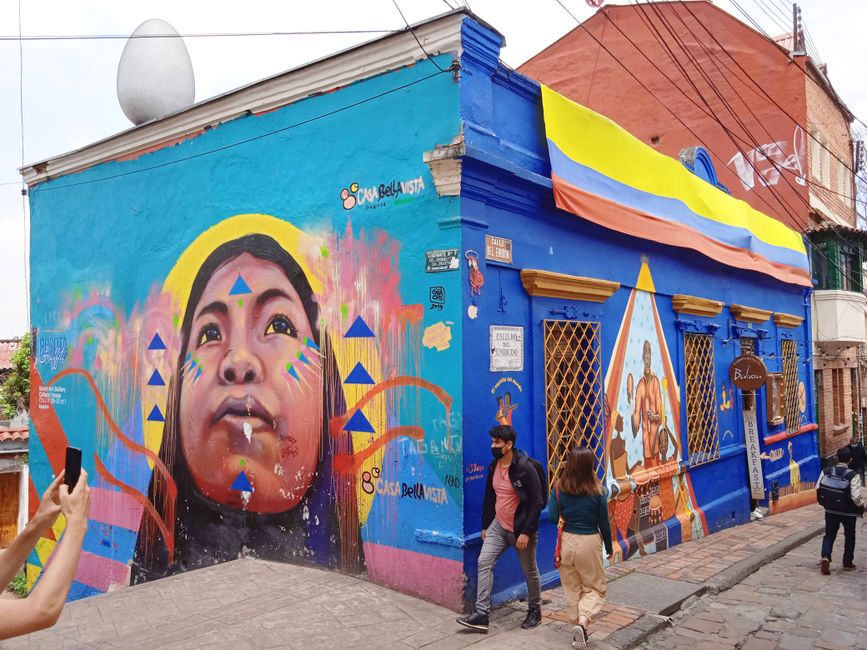
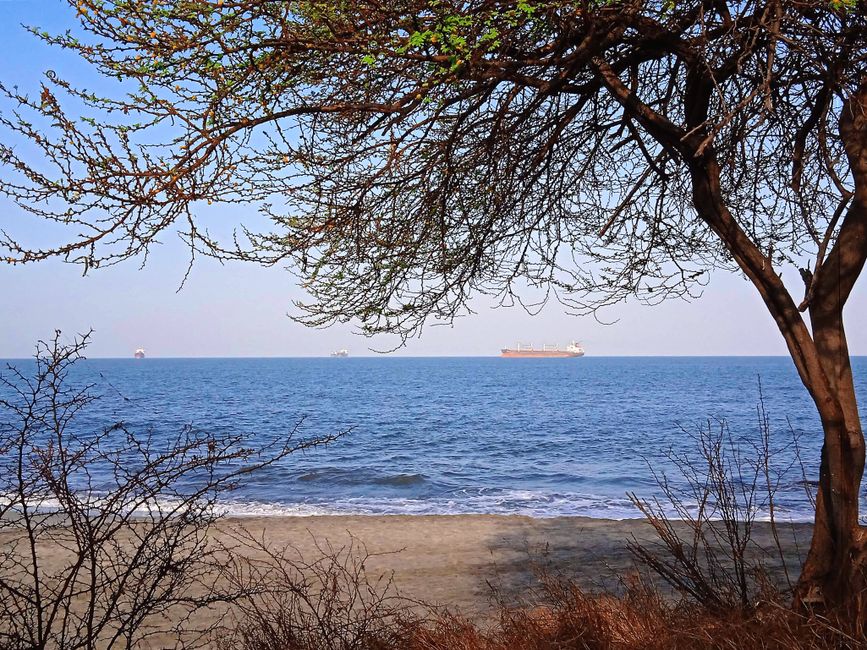
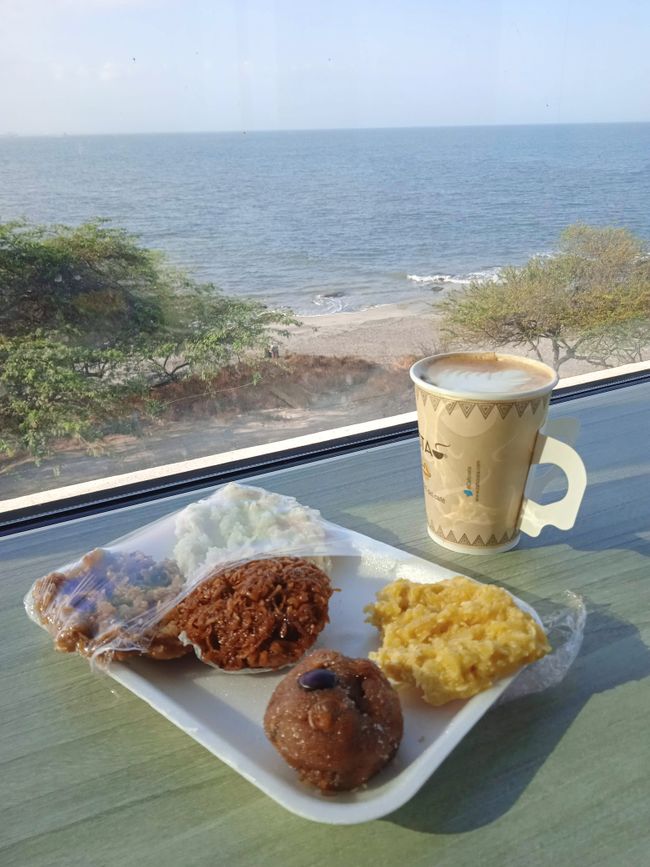
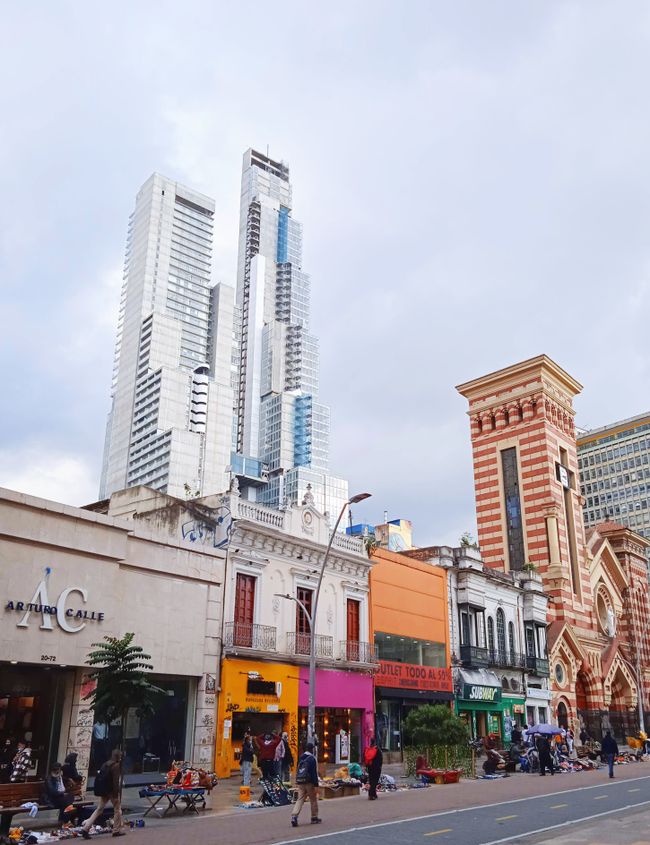
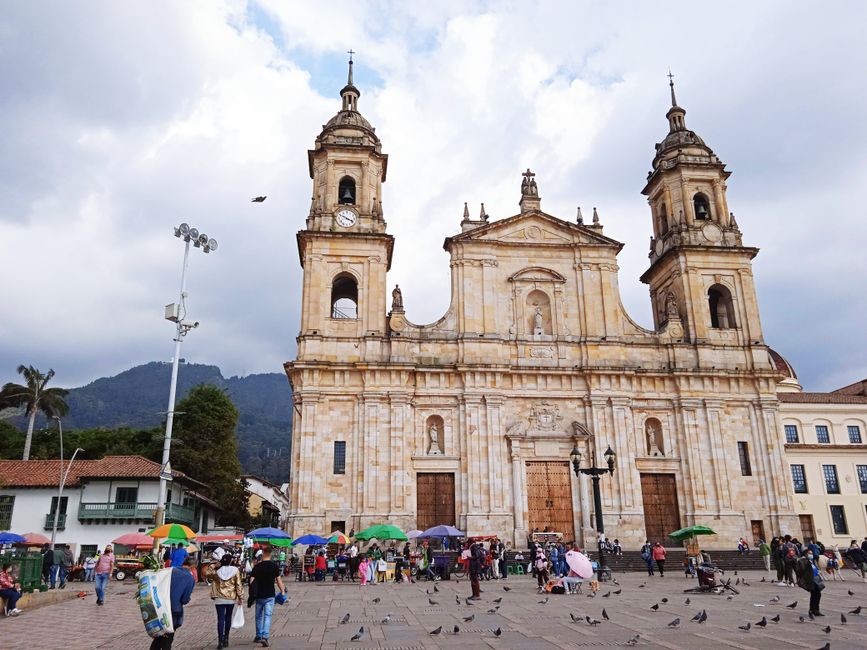
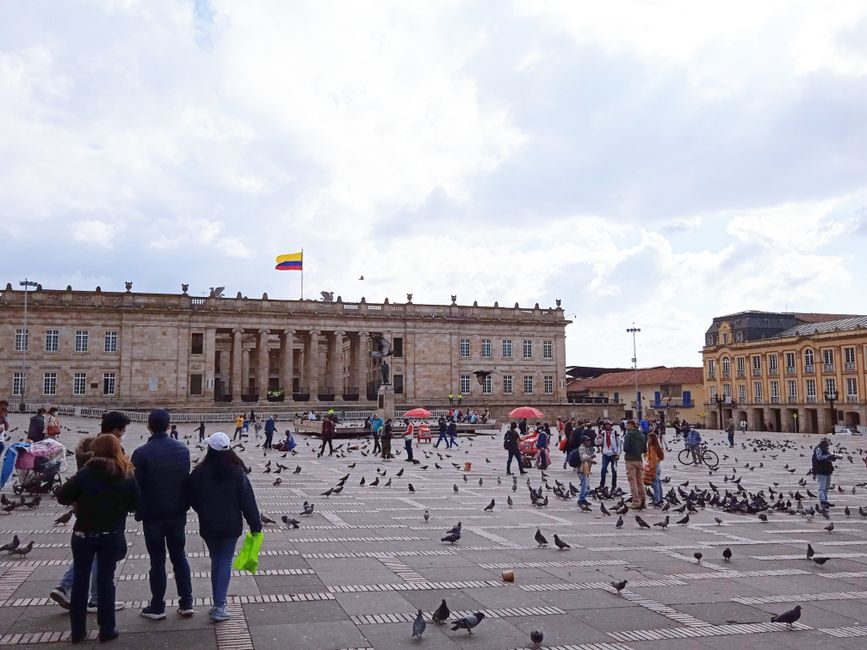
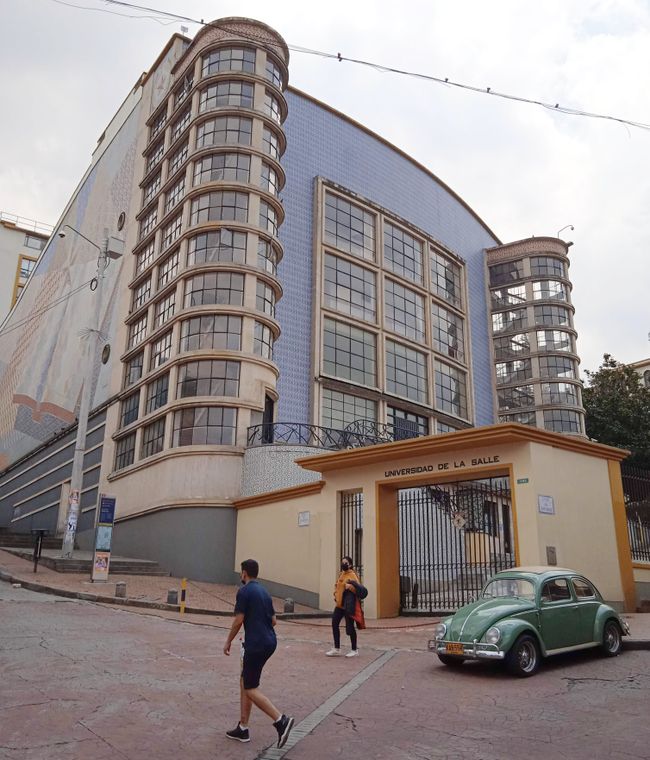
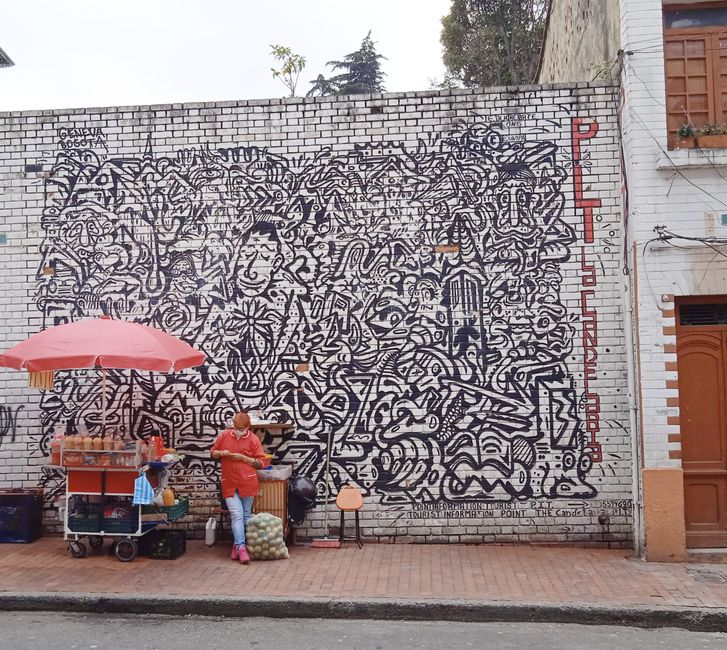
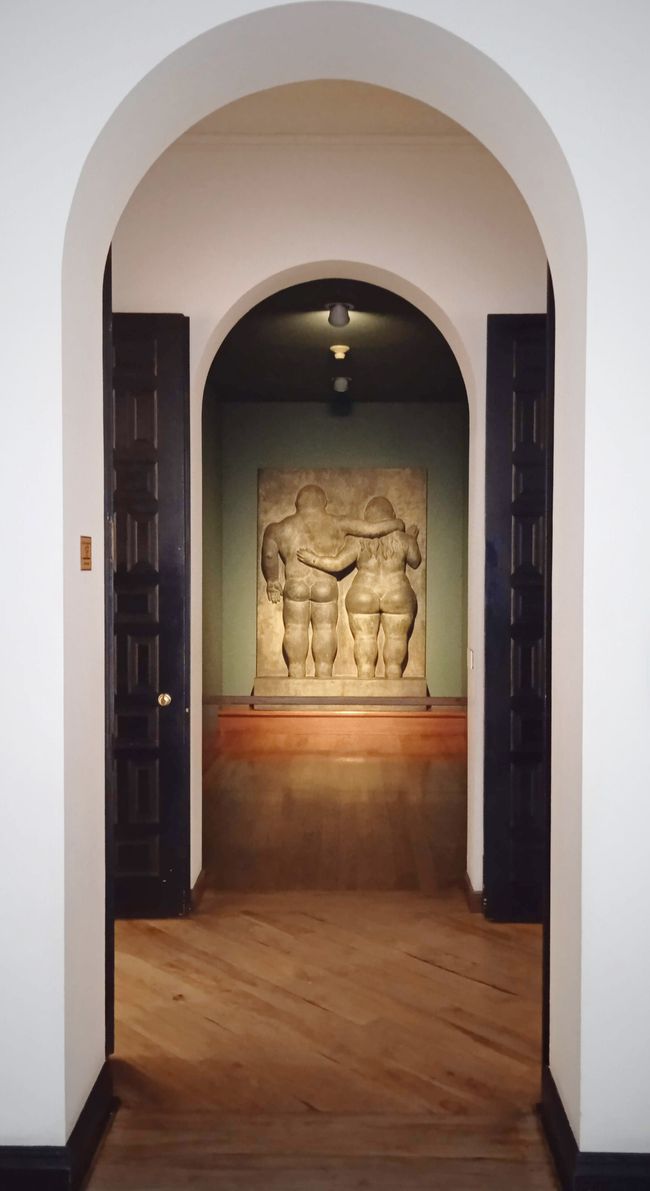
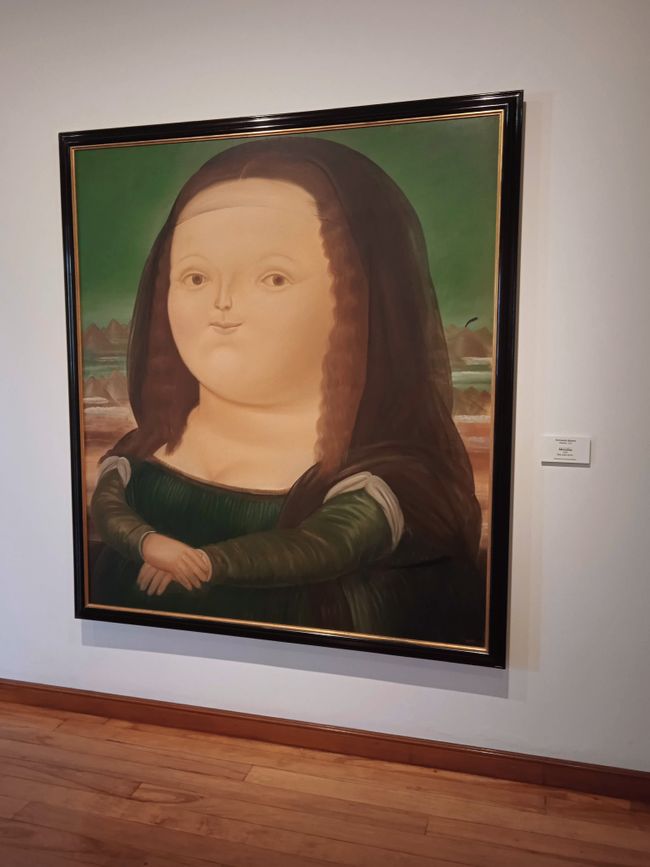
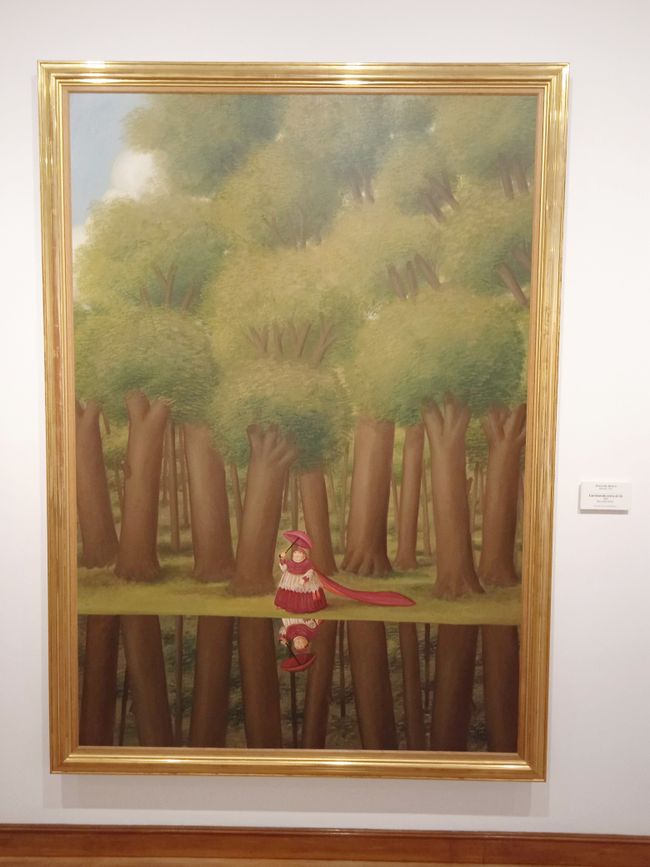
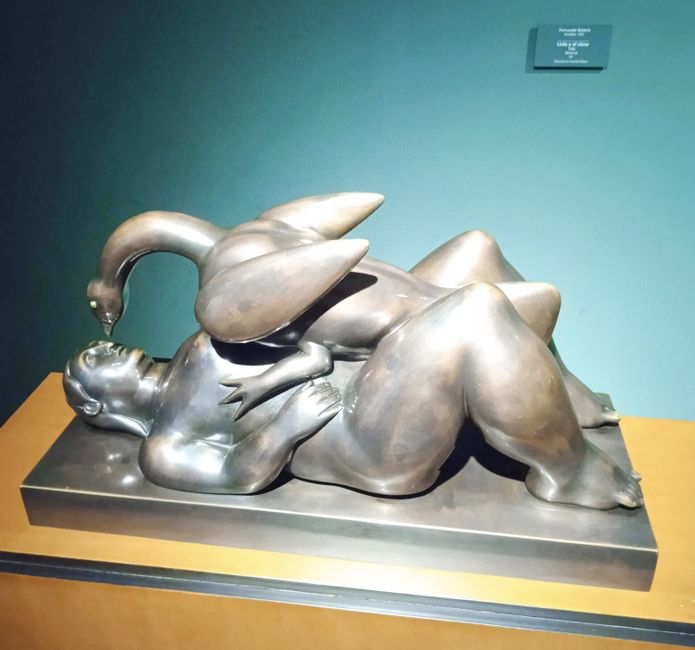
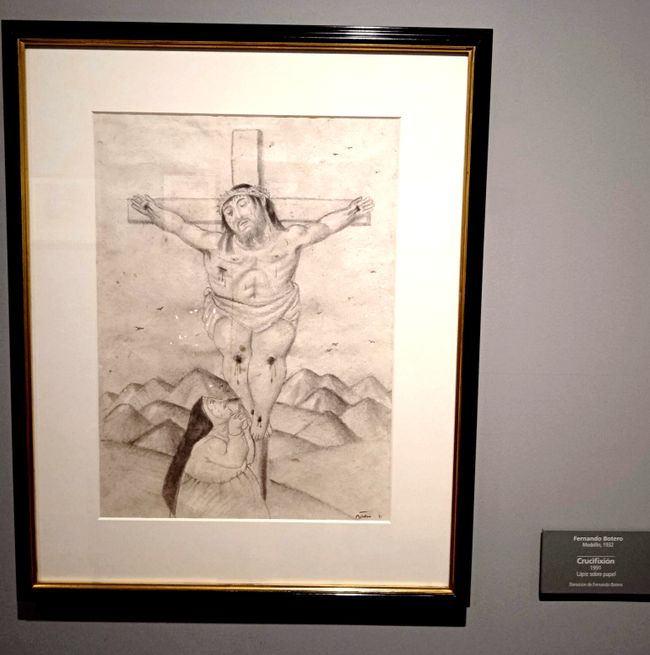
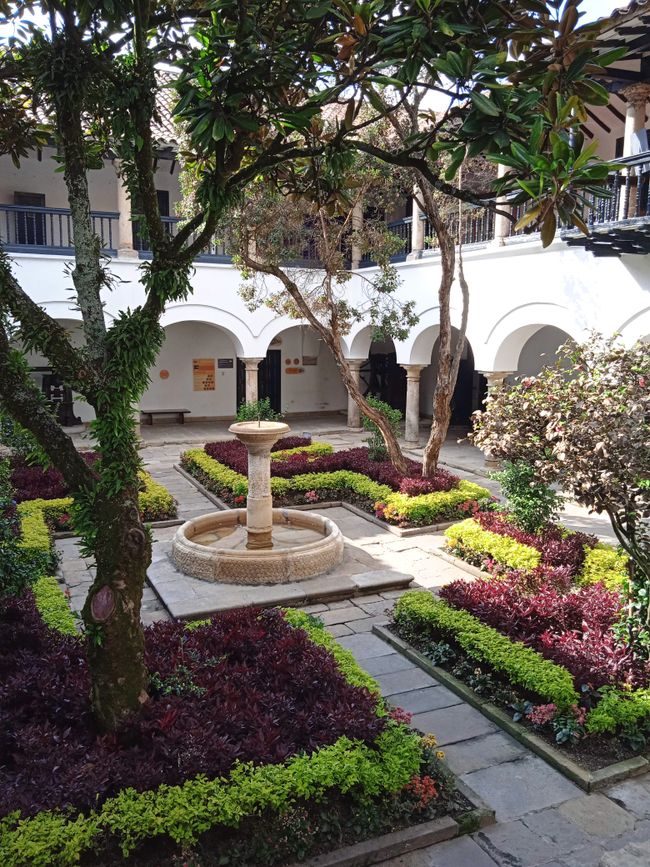
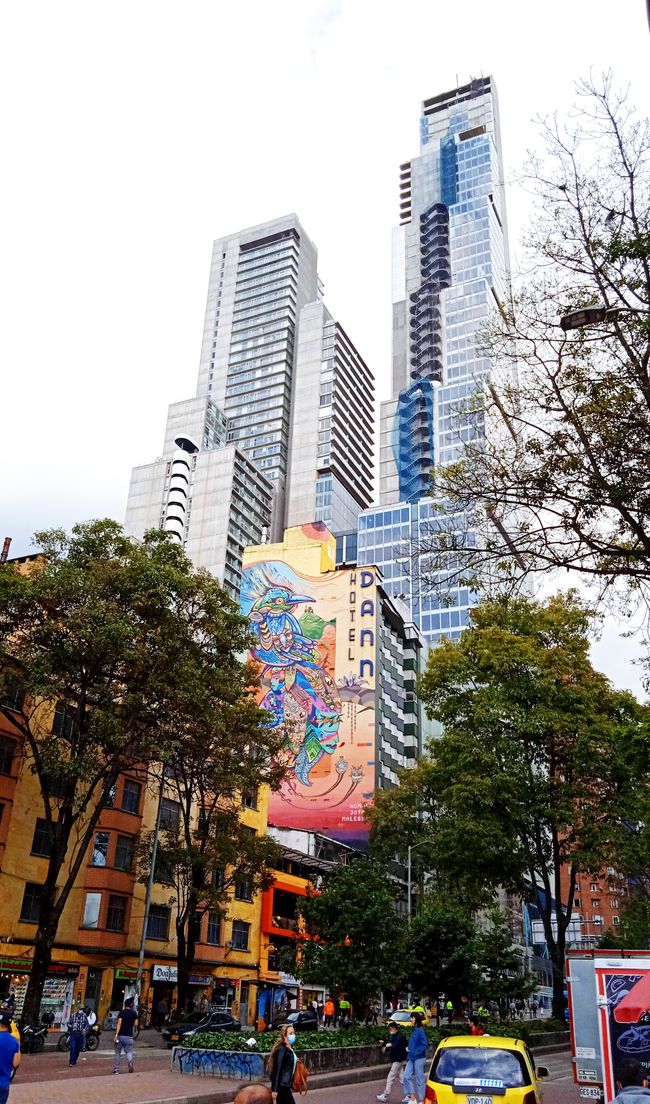
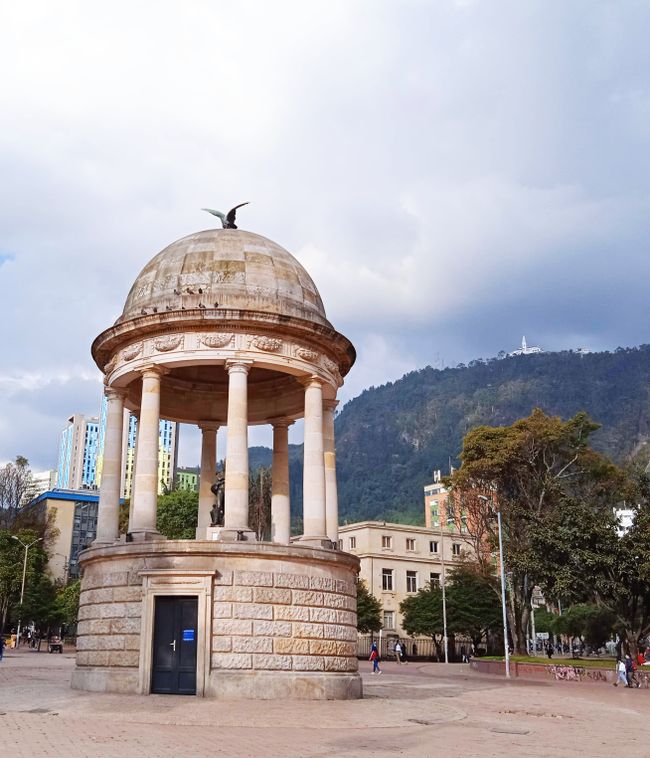
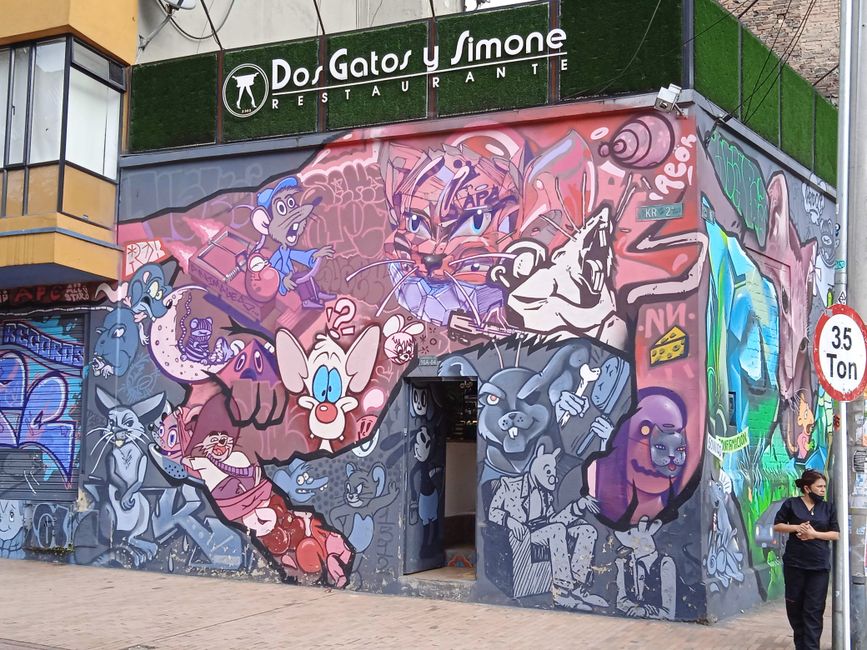
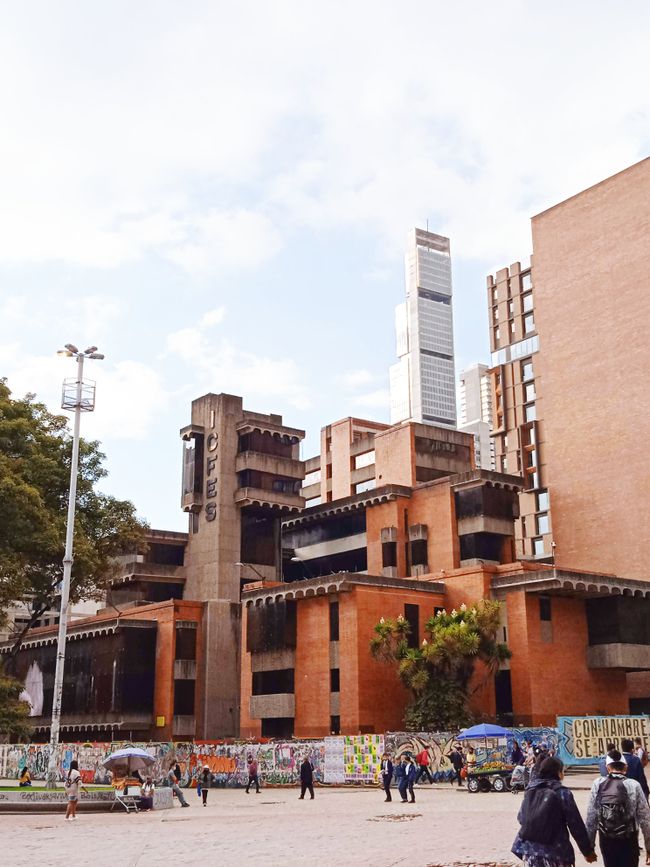
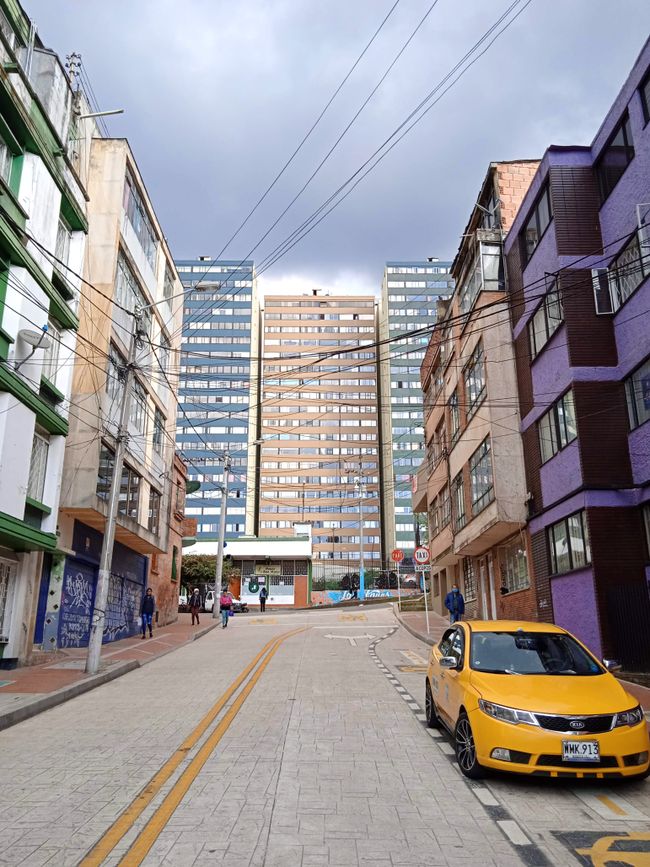
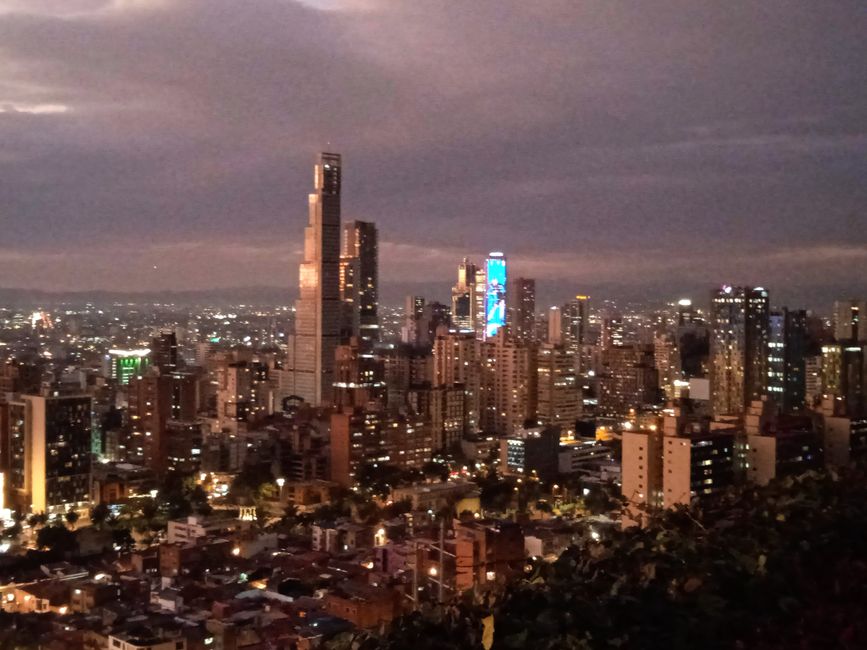
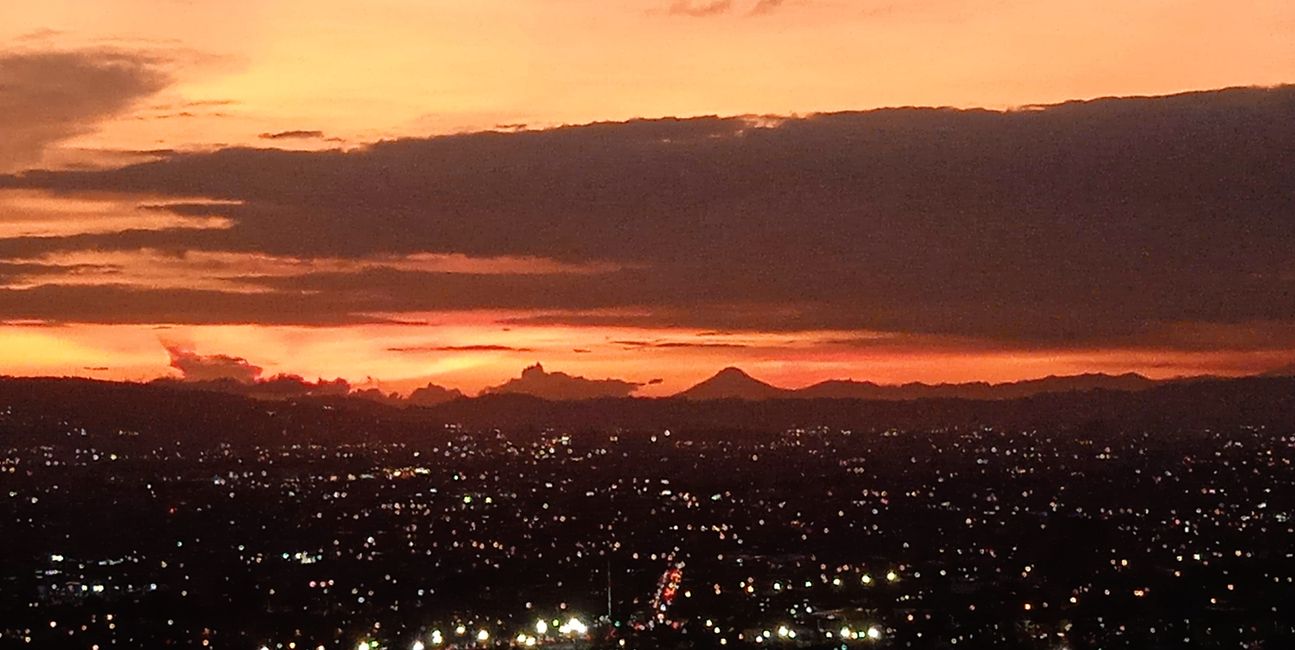
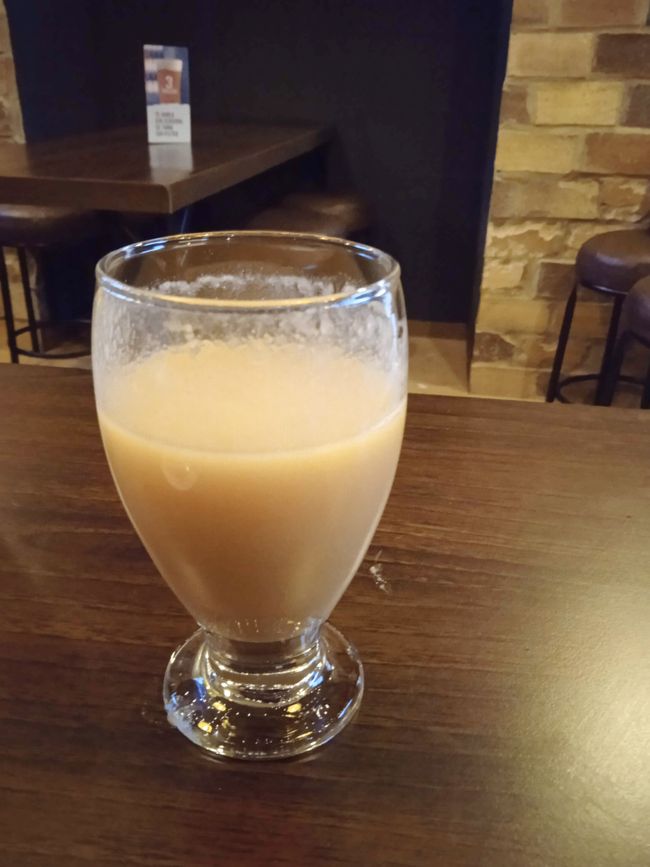
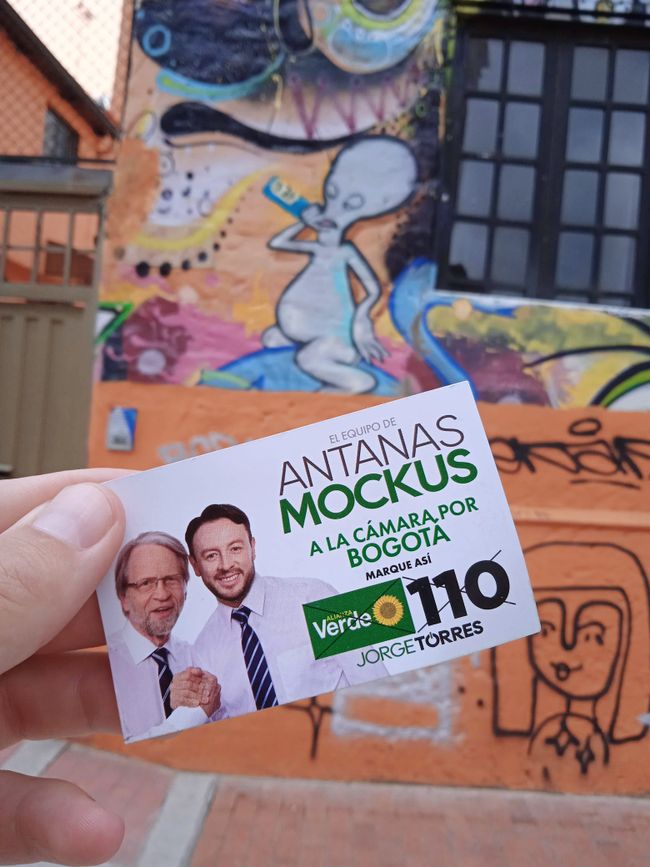
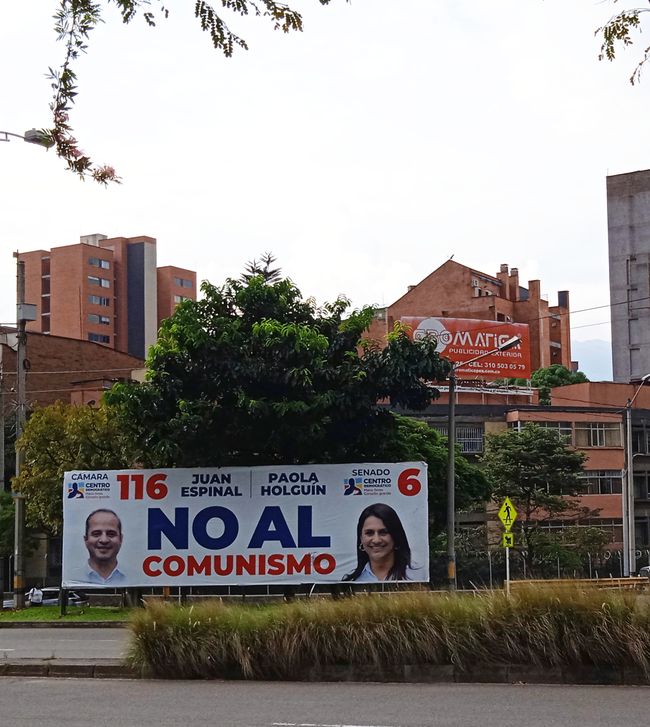
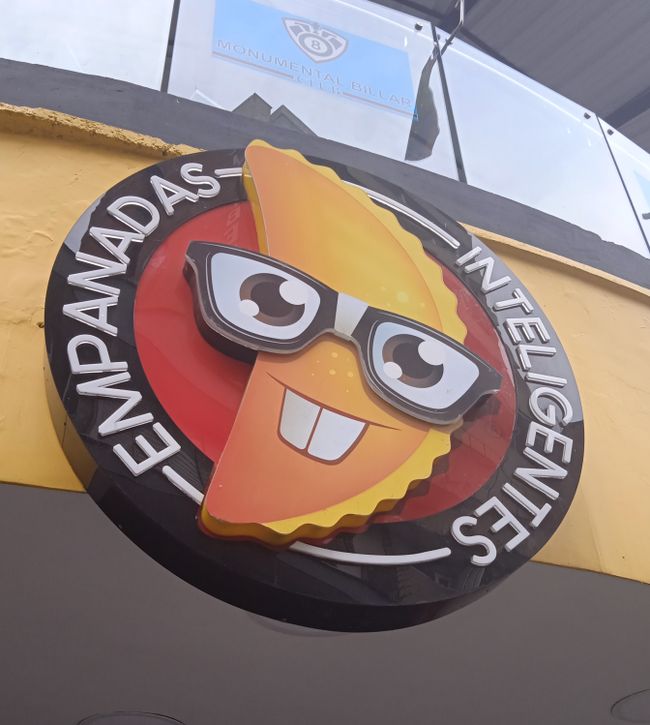
ସମ୍ବାଦପତ୍ରକୁ ସବସ୍କ୍ରାଇବ କରନ୍ତୁ |
The cool beauty welcomed me for a second time, Bogota at an altitude of 2,600 meters. This time I was better prepared. I only had 48 hours and booked my accommodation in the tourist district of Candelaria.
As compensation, the city greeted me with sunshine. Unlike two weeks ago, I landed at El Dorado Airport at noon, so I could save money on a taxi and instead took buses to the city center. I was very careful with my belongings. Once bitten, twice shy.
In the afternoon, I met with David and Juliana, whom I knew from Medellin. The reunion with the two students was incredibly heartfelt. Despite the difficult traffic situation due to demonstrations for International Women's Day, the two traveled from the suburbs to see me again. We had lunch and talked about everything, Colombia and Ukraine.
Afterwards, we visited their university, which was located on a hill, offering a special view of the city at sunset. We said goodbye like old friends, uncertain where and how we would see each other again. Colombia and Europe were separated by more than the Atlantic Ocean.
Bogota had nearly 10 million inhabitants, one in five Colombians lived in the capital region, far from the coast and highlands in the mountains. The country's violent history had shaped the capital since the 19th century: civil wars, political unrest, and assassinations, the so-called "Violencia" of the 1950s, the rise of drug cartels and their bloody private war against the state, as well as political extremism between paramilitaries in the service of large landowners and left-wing guerrillas resulting from the largest social inequality in land and wealth. Colombia never had land reform at any time!
This complex history became particularly tangible during a guided city tour on Wednesday morning. Tour guide Jeff, a trained anthropologist, did an excellent job of summarizing complex backgrounds in an understandable way. And always the warning about pickpockets and petty crime. Originally, I wanted to take part in the tour on my last visit.
Colorful facades and numerous graffiti shone in the sunshine. In the afternoon, I once again explored the corners of the city that I remembered from my last visit. The goal was also to renew my photo impressions. After all, all my photographic memories of Bogota were lost.
In the evening, I met Gustavo from Berlin, who was currently visiting family in the city. We only knew each other briefly, but we quickly arranged to meet through social networks, and soon we were sitting together with beer and Chicha, a sweet drink made from fermented corn. Gustavo talked about winter in Berlin and the current situation in view of the war in Ukraine.
The conversations with the people in Colombia were just as valuable as my tourist activities. Bogota managed to win me over and I no longer held any grudges against the cool beauty.
In the evening, almost mechanically and yet full of reluctance, I prepared for the next day of travel. The online check-in did not work, I couldn't download the Peruvian Corona document, and the COVID regulations in the neighboring country seemed stricter than expected. Frustrated, I set my alarm for 7 am.
ସମ୍ବାଦପତ୍ରକୁ ସବସ୍କ୍ରାଇବ କରନ୍ତୁ |
ଉତ୍ତର
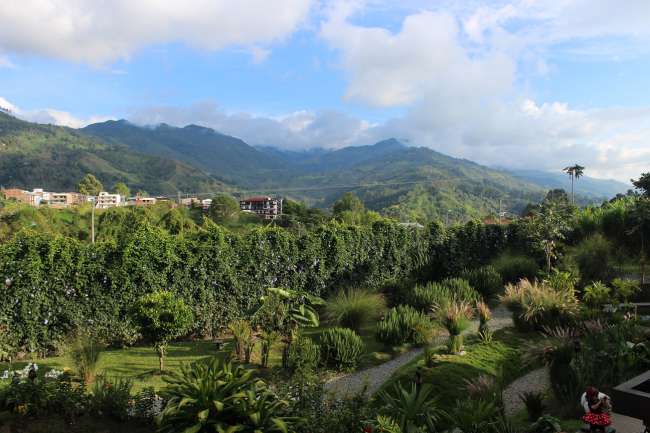
ଭ୍ରମଣ ରିପୋର୍ଟ କଲମ୍ବିଆ
